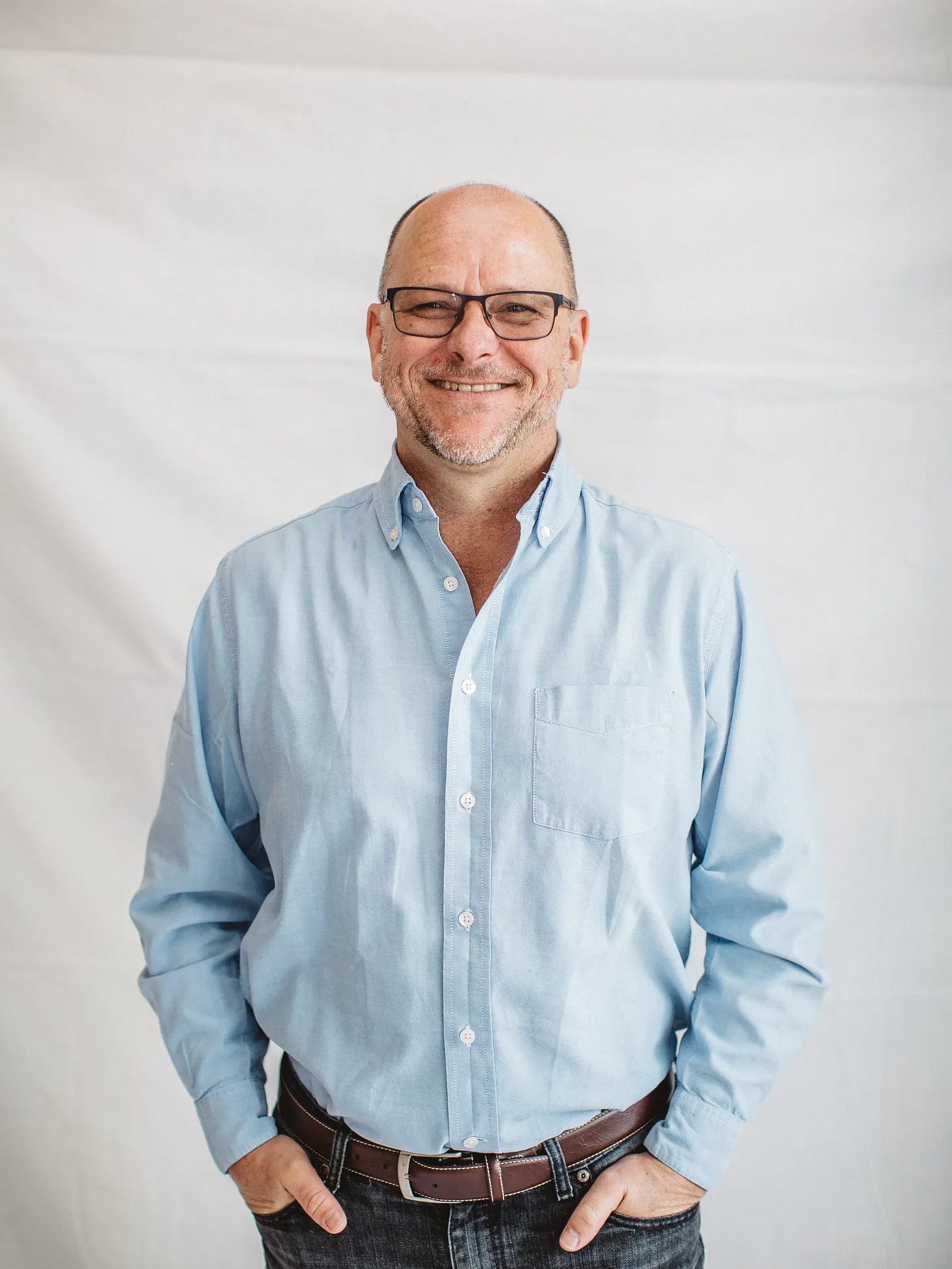Photo: Unsplash
Hello Financial Healers
Sometimes my clients make a disheartening discovery… that their net worth is actually below zero.
Side note: if you need a refresher on net worth, you can find it here. 👇 Otherwise, continue on below…
Typically, if you view riches like most Americans, you assess your wealth by measuring annual income. You take home $3,125 every two weeks, so you calculate your yearly wealth to $75,000.
The problem is this analysis doesn’t consider your debts.
See, the rich view wealth in terms of net worth. They determine their Financial Health by subtracting their assets (what they own) by their debts (what they owe).
For instance, someone making $75,000 a year might seem stable, but if their debts are $125,000, you quickly realize this person is struggling.
Fixing your net worth
The key to fixing your negative net worth is to build up savings. Increasing cash (whether it’s physical cash or the cash-value of your assets) is useful for escaping what Robert Kiyosaki calls “The Rat Race.”
Photo: Unsplash
To escape the rat race, I recommend a tool called the LGS. It’s the world’s easiest budget, and it’s propelled so many families toward a positive net worth.
How does the LGS work?
The LGS operates on a percentage basis. You arrange your monthly income into 3 categories: living, giving, saving.
Living — is what you set aside each month for groceries, gas, or mortgage.
Giving — is what you donate to your favorite charities or ministries.
Saving — is the money you invest in savings or emergency funds.
Dawna and I live on 80% of everything that comes in, we give away 10% to our church, and we save the final 10%. You can choose where to store your savings each month. Some possibilities are a savings account, a Roth IRA, or an emergency fund.
Side note: it’s always wise to have at least $1000 on hand in case of an emergency.
Increasing your savings is a practice well-demonstrated by the rich. Let’s adopt this mindset and understand it’s not really the paycheck’s amount that matters; it’s how strong your assets remain after being measured against your liabilities.
God bless your Prosperous Soul,
Stephen K. De Silva
About: Stephen K. De Silva is an author, speaker, and financial coach. From 1995 until 2017, he served as the CFO of Bethel Church, and a member of the senior leadership team. Stephen’s blend of experience, training, and gifting make him a pioneer in the subject of money. You can reach Stephen at hello@prosperoussoul.com







